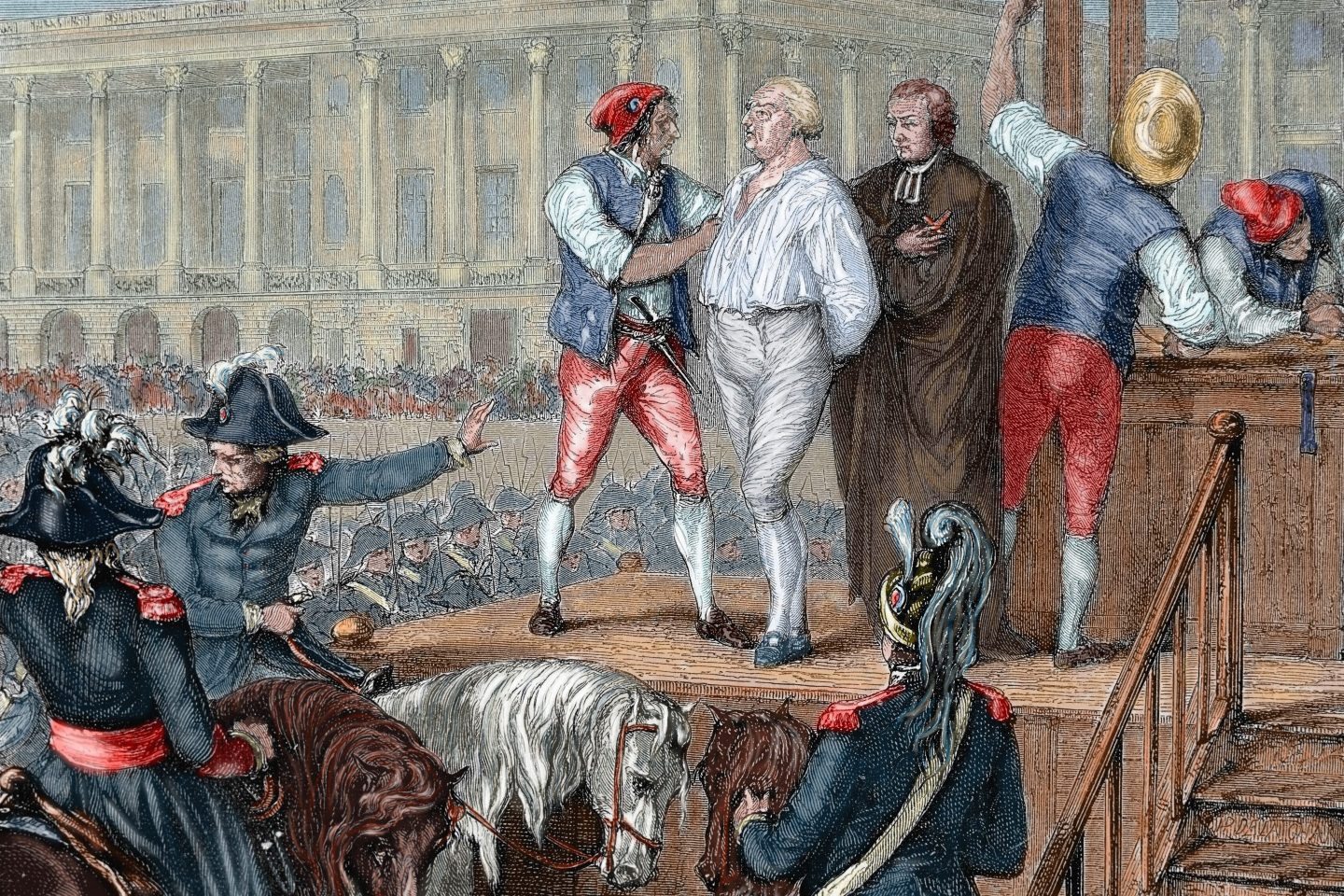This week Tesla quickly denied a news report that it was looking to replace its iconoclastic CEO, Elon Musk. In a post on X, the electric-vehicle company called Wednesday’s Wall Street Journal article—which cited unnamed sources who said Tesla’s board of directors had reached out to executive search firms—“absolutely false.”
“The CEO of Tesla is Elon Musk and the Board is highly confident in his ability to continue executing on the exciting growth plan ahead,” the post continued.
It’s hard to imagine Tesla without Musk, the swashbuckling multibillionaire who has run the company for 20 years, and helped make it one of the most valuable companies in the world. But in recent months, as Musk has flexed political power in Washington, D.C., as a top lieutenant and close confidant of President Donald Trump, Tesla’s business has suffered. Last week Tesla revealed that net profit had dropped 71% in the first quarter of the year, amid backlash against Musk and reduced demand for its EVs.
Even if Musk has retained his crown, he appears uncharacteristically chastened, promising investors on last week’s earnings call, “I’ll be allocating far more of my time to Tesla.”
Indeed, Musk might do well to consider the titans who have fallen before him—including those whose tales of woe were chronicled in a 1993 Fortune cover package by Thomas A. Stewart that pronounced: “The imperial CEO is doomed.” The article, following the ouster of more than a dozen Fortune 500 leaders in the year and a half prior, argued that the rise of activism among institutional and other investors was putting chief executives in unprecedented peril.
Even so, Stewart pointed out, the CEO role remained core to a company’s success. He wrote that, “paradoxically, executive leadership is becoming more indispensable than ever. Only the executive can mediate among the multitude of constituencies vying to influence every corporation: investors and lenders, communities, employees (who may be big investors), customers. The CEO may be on a shorter leash, but he’s a more valuable dog.”
He ended on a warning against any distractions from company responsibilities—one Musk appears to be heeding, for now. “Above all,” Stewart wrote, “the CEO must stick to business.”












